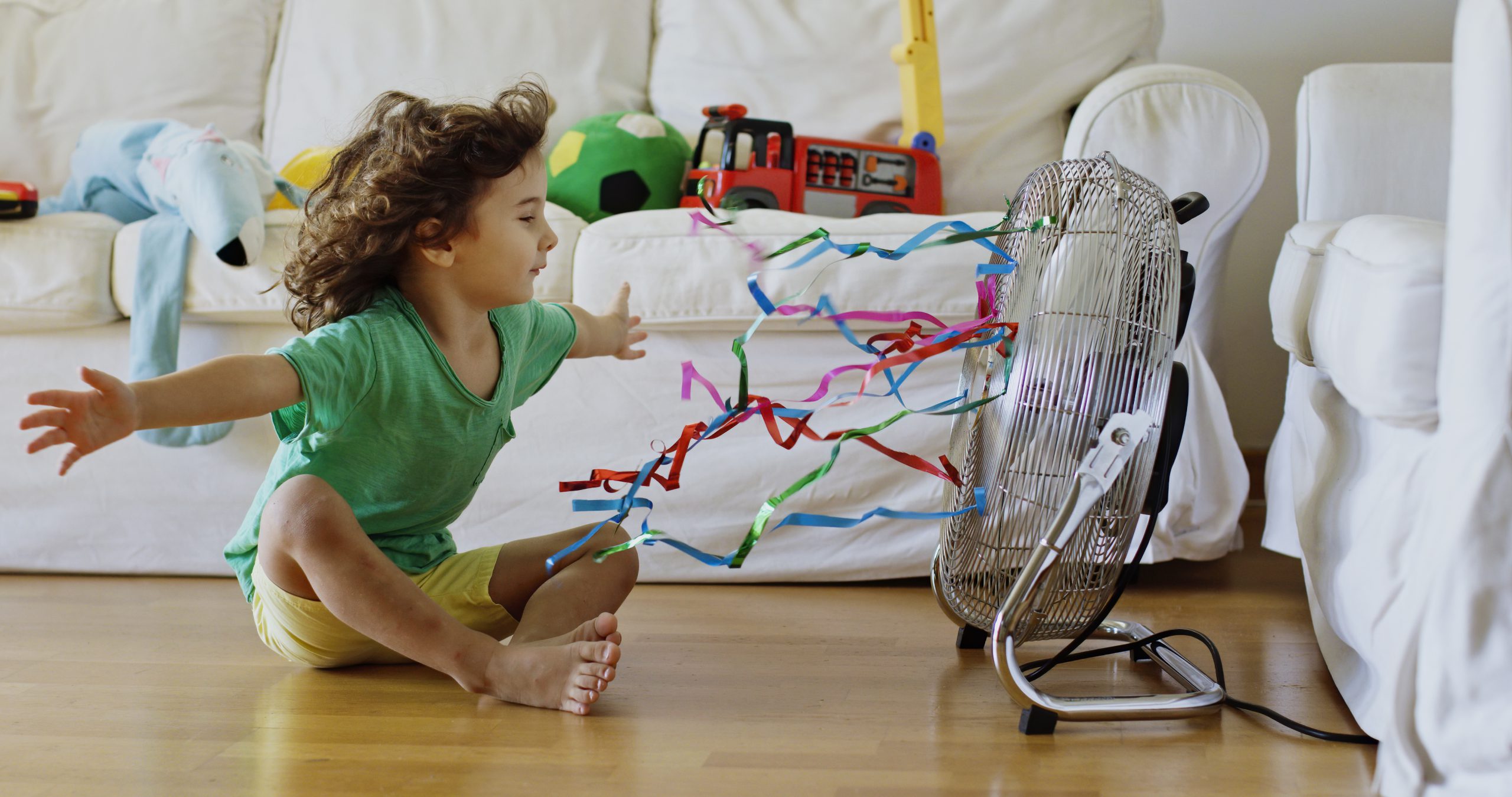By Gary Zavoral and Monique Binkley Smith, Vitals contributors
With the highest temperatures in several years arriving in California this week, emergency services physicians expect to see people suffering from heat-related illnesses as temperatures soar to 110 degrees in many areas of the Central Valley and the Bay Area and the high temperatures linger through the weekend.
Doctors say there is a continuum of heat-related illness that progressively worsens if you don’t get out of the sun and drink the right fluids. The immediate treatment is the same for each, but if you have heat stroke, doctors want to make sure you come to the emergency room.
Dr. Arthur Jey, an emergency physician with Sutter Medical Center, Sacramento, and Sutter Roseville Medical Center, says there are three main illnesses that can worsen gradually when it comes to heat. They are:
- Heat cramps are when you’ve been active, working on your yard, exercising, sweating, and you start to feel your muscles cramping up.
- Heat exhaustion is when “you feel you have been up at night, and you are truly exhausted. You may not be able to catch your breath. You also have sweated an excessive amount, more than it feels like is natural,” he says.
- “Heat stroke is when you actually get confused. You start thinking funny things or being dizzy or truly light-headed,” Dr. Jey says. “People may also stop sweating when it’s extremely hot and they can’t regulate their temperature.”
The immediate advice for all three illnesses is the same: “Get out of the heat, hydrate, get calm, maybe lie down, drink some electrolyte water,” Dr. Jey says. “But with heat stroke, these folks we really want to see in the emergency department as soon as possible.”
Why the Heat and Alcohol Don’t Mix
Dr. Jey understands some people like to celebrate Independence Day with backyard parties that include beer and other alcoholic beverages. He offers this advice about drinking and partying in the sun: “Moderation is the key,” he says. “Drink plenty of other liquids, too. Water and a sports drink with electrolytes or electrolyte powder mixed with water. Drink half that and half water.”
The main reason is that it’s very difficult to tell if someone is having a heat stroke or if they’ve just had too much to drink.
“If someone is acting silly or goofy, not acting normal or they’re unresponsive, those are usually signs of heat stroke. It also can be the signs of someone being drunk,” Dr. Jey says. “Many times, people have been brought into the ER and insist they’re just drunk when they really have heat stroke. It’s important to have them checked out by our emergency staff.”
Even though heat stroke symptoms can mirror drunkenness, excessive drinking can also lead to heat stroke, Dr. Jey says.
“Drinking alcohol, you’re going to pee more, which means you’re going to lose some of that hydration you need,” Dr. Jey says. “You’re also going to forget to drink water, you’re going to forget to get yourself inside every 45 minutes or so, you’re going to forget to wear a hat. All these things are what can help prevent heat stroke.”
The Pool Is Cool, But Take a Rest
Along with drinking, there will be a lot of swimming in pools and waterways over the 4th of July holiday and into the weekend. Dr. Ronn Berrol, an emergency physician at Sutter Alta Bates Summit Medical Center Emergency Department in Oakland, stresses both children and adults should limit pool activities to 45 minutes or less at a time, taking a 15-minute break to drink water, relax and get out of the sun.
Avoid exercising outside in the heat of the day and make sure you have access to plenty of liquids to stay hydrated, Dr. Berrol says, “That can mean one liter or about a quart of water or other liquids per hour.”
And, as the excessive heat lingers over several days, Dr. Berrol advises keeping an eye out for vulnerable people such as older adults, the very young, pregnant people and those with chronic conditions or illnesses. “People at extremes of age and with chronic illness and medical conditions may have impaired ability to withstand extremes of temperature,” says Dr. Berrol. “The body’s natural defenses and adaptive mechanisms to cool us off or avoid heat stress/illness may not function as well.”
“The continual assaults play on your ability to regulate your temperature and stay cool,” Dr. Berrol says. “Sometimes it’s day three [of a heat wave] and suddenly we start seeing a lot of people come in with incredibly high temperatures that you don’t see any other time of the year.”
Dr. Berrol and Dr. Jey stress getting yourself, your loved ones or your neighbors to the emergency room early if you notice signs of heat stroke.
“We’d like people to err on the side of caution if they feel that they are getting illness related to too much heat,” Dr. Berrol says. “We’d rather they come in early and have it be a false alarm, because that’s when you have the opportunity to treat, the earlier someone comes in.”
Note: This content is not intended to be a substitute for professional medical advice, diagnosis or treatment. Always seek the advice of your physician or other qualified health provider with any questions you may have regarding a medical condition. Never disregard professional medical advice or delay in seeking it because of something you have read on this website.





